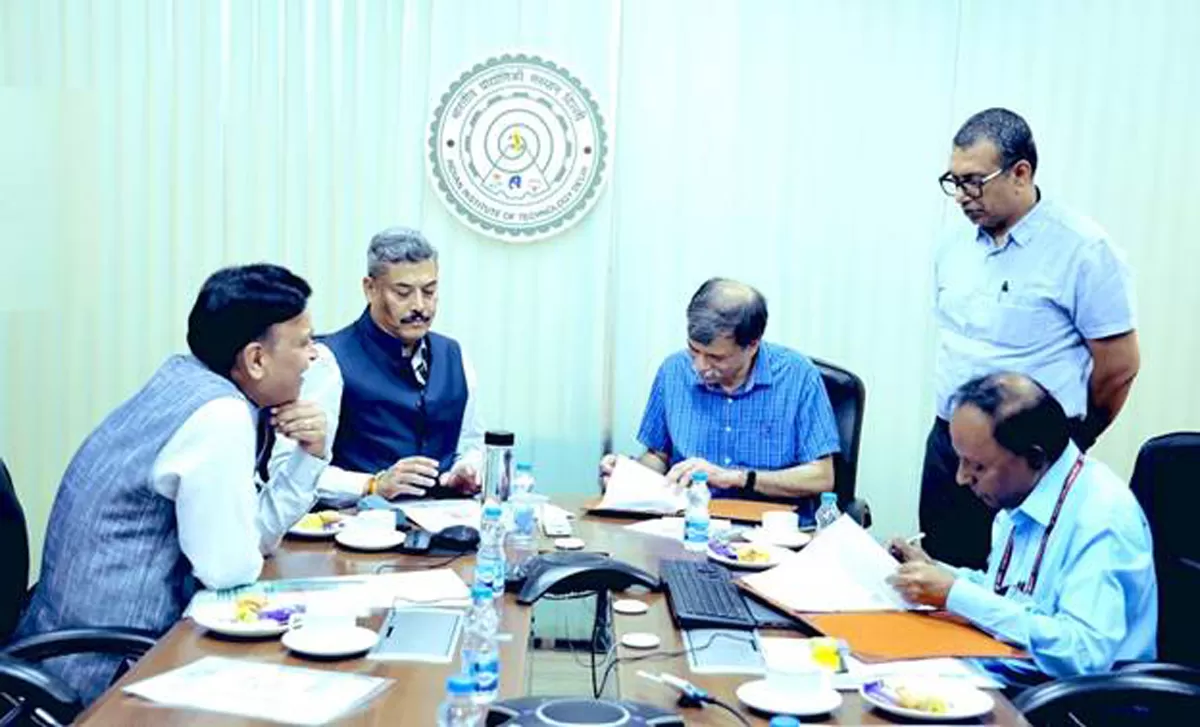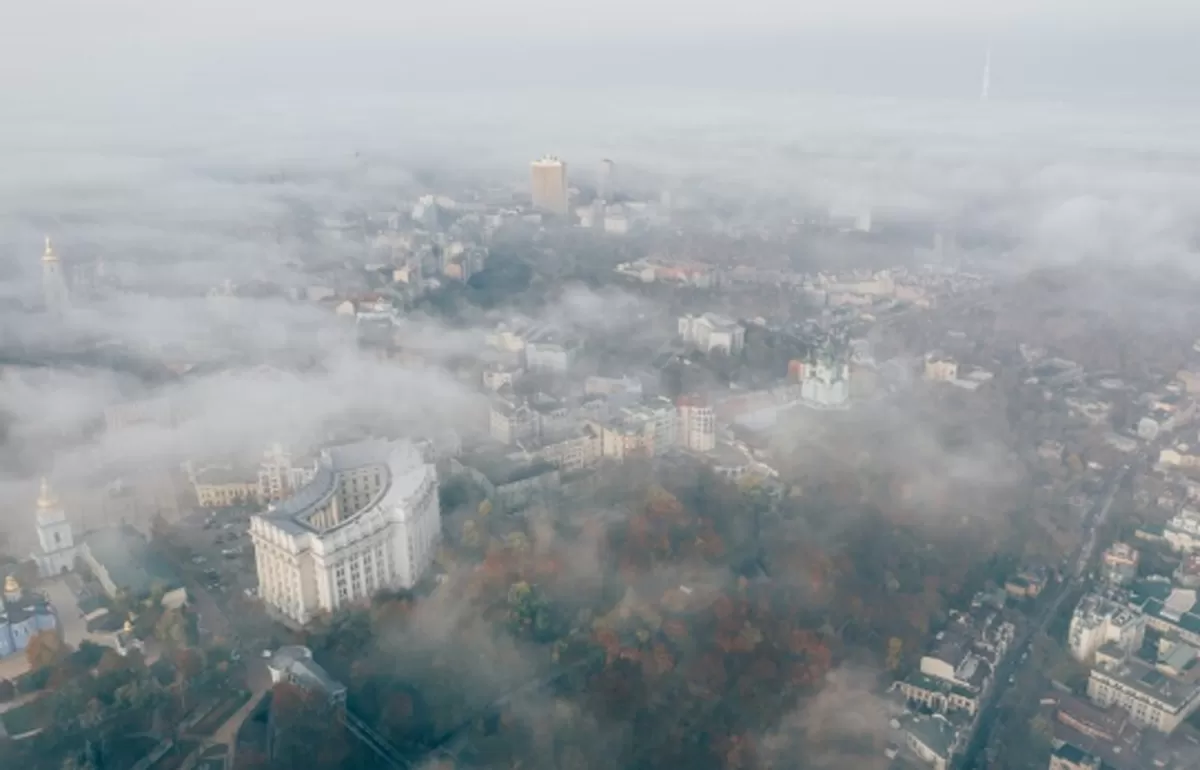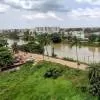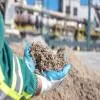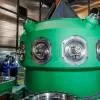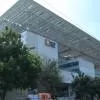The 35-year-old IFFCO Nagar in Gurgaon was recently rated Platinum under IGBC Green Residential Societies.
Imagine a 35-year-old township going green in 2017! That´s what makes IFFCO Nagar so special. This project in Gurgaon, which began walking on the green path six years ago by adopting sustainable features, has deservedly received Platinum certification under the IGBC Green Residential Societies (Pilot Version). This makes it the first residential society in Haryana and second in Delhi-NCR to receive this certification. Ajay Pandey, Deputy General Manager (Estate), IFFCO, shares more on the sustainable features and challenges faced.
Systematic approach: For a 35-year-old township, getting the certification would be a herculean task, posing several challenges. However, following a systematic approach, the project began implementing various features six years ago. These included installation of a solar water heater and LED lighting in each dwelling unit, the Fertiliser Marketing Development Institute (FMDI) building and other buildings in the township. Further, the project has implemented a solar power plant and solar-led street lights; rainwater harvesting; raw water treatment facility; bio-digester for treatment of sewage; CPV-CHP solar system to generate electricity and hot water; and waste segregation, among others. That said, IFFCO Nagar has received 7 out of 14 points in innovative practices.
Dust and noise control: Controlling and improving indoor air quality in a polluted city like Gurgaon is a challenge in itself. The project has a noise barrier installed, and has planted trees, thus creating a landscape area to avoid dust pollution. Further, to improve air quality, steps have been taken towards using CFC-free appliances and segregating kitchen waste. Moreover, over 50 per cent of the site area is landscaped, apart from the central park used for outdoor activities. In addition, common area has been made smoking-free.
Solar power electrification - a major focus: Interestingly, the project has made use of energy-efficient fixtures to save energy, which in turn helped it receive 20 out of 22 points in energy conservation. The main emphasis was to use solar energy for generation of electricity and hot water to reduce electricity consumption, thus reducing the electricity used in geysers and for streetlights. Accordingly, all buildings have solar water heaters installed on their roofs to supply hot water throughout the year, providing 132 per cent of the hot water requirement.
A solar water heating system has been installed for each dwelling unit and FMDI to generate a total capacity of 22,400 litre of hot water per day. Further, standalone solar powered LED-based lighting fixtures have been installed in all the residential and support buildings under street-lighting to reduce electricity consumption. And, along with a solar PV system of 5 kWp being used to generate electricity in the dispensary building, CPV combined heat and power (CHP) systems of 5 kWp capacity have been installed on the FMDI building to generate electricity as well as supply hot water. Also, all the air-conditioning systems in the support buildings are BEE three-star rated or above. Besides this, five charging points have been installed at various parking locations in the society for charging electric vehicles (5 per cent of the total parking requirement).
Sustainable water practices: The rainwater from rooftops, roads and landscaped areas is captured, treated and recharged into the ground through four recharge pits, which helps maintain the groundwater table in the area.
A freshwater treatment system is in operation to provide fresh water to all the buildings.
Also, as part of good practices, portable water use for all the buildings within the township is measured and recorded. Apart from this, plumbing flow fixtures, such as faucets and showerheads, have been fitted with aerators in all buildings to reduce water consumption, while flush fixtures, such as WCs and urinals, have been retrofitted with low-capacity flush tanks to reduce fresh water consumption.
Managing waste: Waste generated from the buildings is segregated at source into dry and wet waste. The segregated waste is then collected and the dry waste is further segregated into paper, plastic, glass, etc, which is finally passed on to local authorised recyclers. This process helps reduce the amount of waste directed to landfills. What´s more, a bio-digester has been installed in the FMDI to convert sewage to manure, which is used in the landscape areas. Also, the organic waste generated from residential units and the landscaped areas is composted on site and used as manure for the landscaped areas. All these efforts helped the project receive 5 out of 10 points in the area of waste management.
Project Details
Completion: 2016.
Basic features: Site area:
32,408 sq m; 162 residential units.
Year of completion:1982.
Year of certification:2017.
Green consultant: Environmental Design Solutions.
Tel: 011-2614 7085.
Website: www.edsglobal.com
- SERAPHINA D´SOUZA
To share details of any green initiatives, write in at feedback@ConstructionWorld.in
